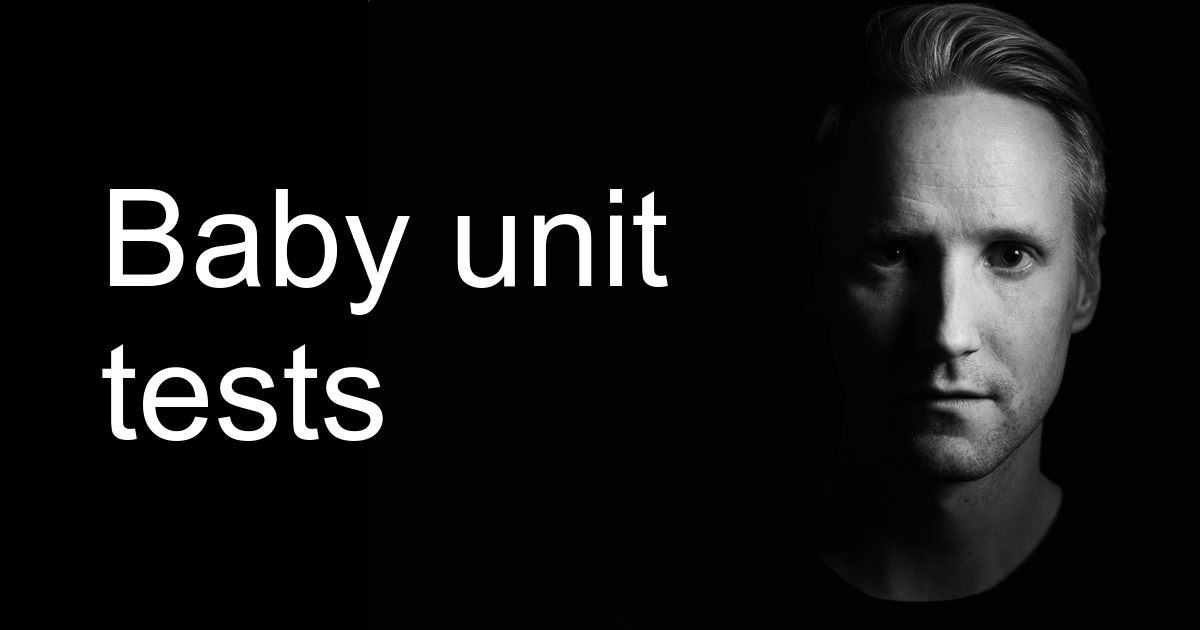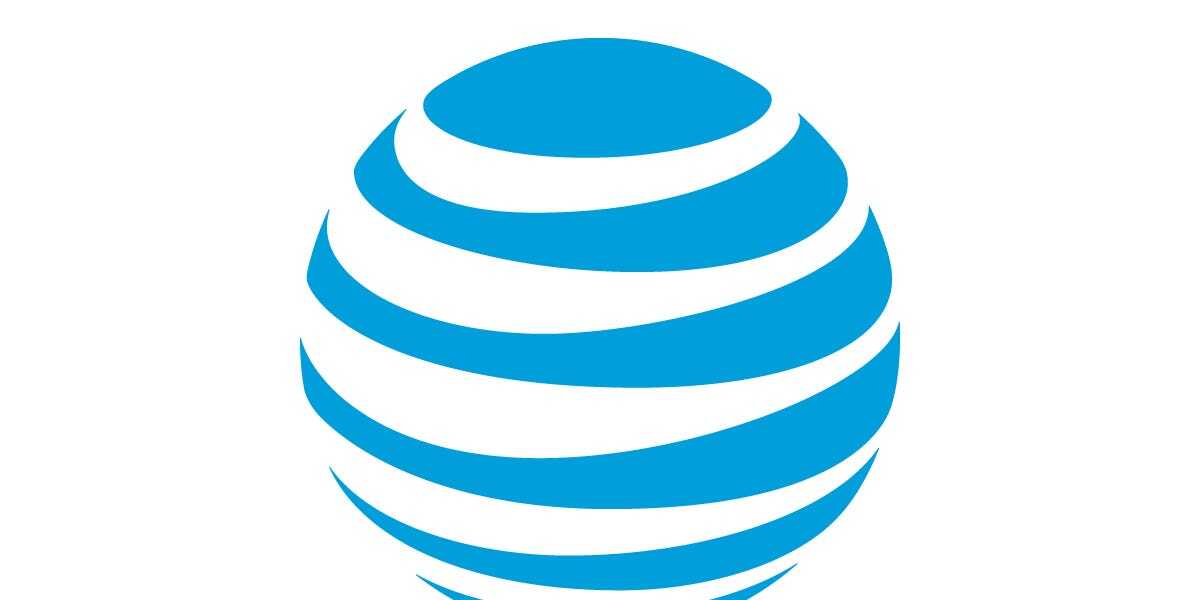I don’t really want to be talking past each other. The point I am refuting is that even if type-safety can help reduce the amount of bugs shipped, this is not the only metric that matters to measure the value of the software being developed.
bugs are really annoying
And being late or never delivering out of fear of shipping buggy code is even worse.
Some years ago, I worked on a crypto project that was financed via an ICO. This meant that whatever money the company was going to get was already in their hands, and their only job was to make sure they could prove they’ve done a best effort to deliver what was promised to investors.
Because of these incentives, the engineers were more concerned about covering their asses regarding bugs than to actually get the software out in the hands of users. The implementation was in python, and to the team it was easier to justify spending time on getting 100% mypy coverage than to get things in hands of users to see the value of what we promised to deliver.
In the end, by the time the team managed to deliver, the code was super well-tested, there were 0 mypy warnings and absolutely zero interest from other people in adopting our tool because other competitors have launched a whole year before them.



















Depends. What is the cost to get there? Will that sacrifice openness? Will that sacrifice portability? Will that require ossified structures that will make development of new applications more difficult?
Look, the article is talking from the perspective of someone who is developing web apps in Ruby. Performance is not a huge concern. Processes being crash-proof are not a concern. You know what is the concern? To be able to validate ideas and have something that bring customers willing to pay real money to solve their real problems.
For his scenario, forcing to define everything up front is a hindrance, not a benefit. And having GP screaming at it like this for having this opinion is beyond ridiculous.